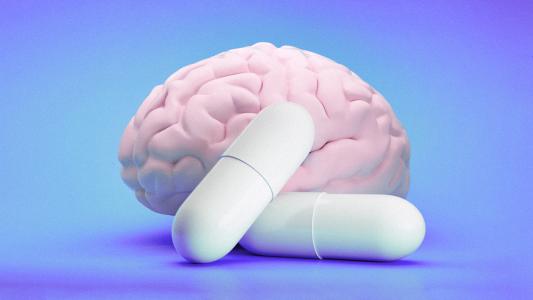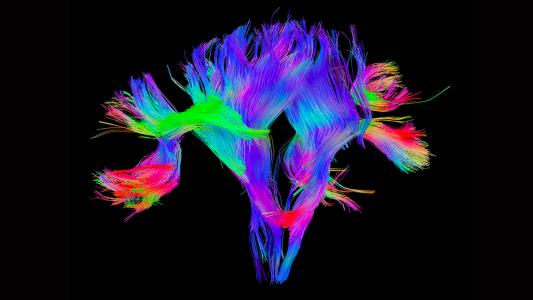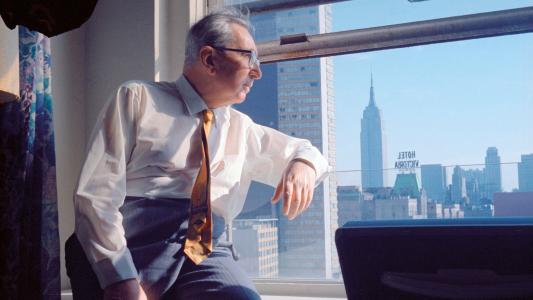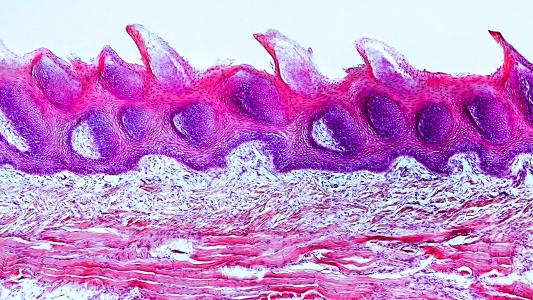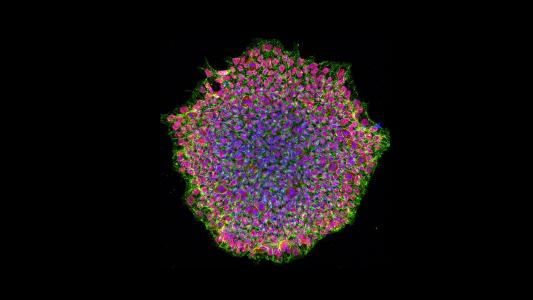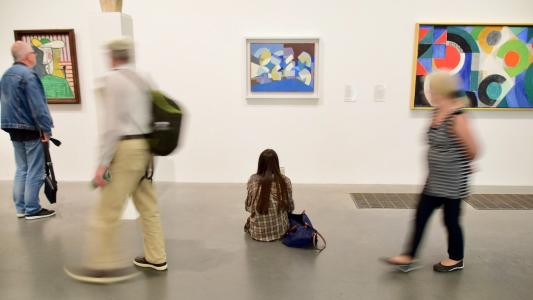Neuroscience
ADHD drugs could alleviate symptoms of Alzheimer’s
Scientists reviewed 40 years of clinical studies that assessed the effects of NA-targeting drugs, such as certain ADHD drugs, on Alzheimer’s.
Neuroscience research triggers revision of a leading theory of consciousness
A brain scanning study on unconsciously processed visual information disrupts a leading theory of consciousness: global workspace theory.
Neuroscience shows that speed reading is bullshit
Speed reading programs claim to teach students how to read more quickly without reducing comprehension. Research shows that they don't work.
Viktor Frankl: The doctor who prescribed the meaning of life to his patients
Not having a meaningful life can be dreadful, and one psychologist thought it was the root of many neuroses. His ideas became Logotherapy.
Can we train our taste buds for health?
Reformulating foods tailored to the plasticity of our taste buds could be a practical and powerful tool to promote health.
Newly identified type of depression affects 27% of patients
Stanford University researchers have identified a new, hard-to-treat type of depression characterized by problems with cognition.
New AI-based theory explains your weird dreams
A new paper suggests that dreaming helps us generalize our experiences so that we can adapt to new circumstances.
Eastern philosophy says there is no “self.” Science agrees
Neuroscience aligns with Eastern philosophies such as Buddhism, that argue the self is an illusion, a byproduct of our thought processes.
One shot epilepsy treatment reduced seizures by 95% in first two patients
A stem cell-based treatment for epilepsy slashed the number of seizures experienced by two trial participants by 95%.
Viewing abstract art causes notable cognitive changes
Abstract art causes the viewer to place more psychological distance between themselves and the art than with more typical works.
